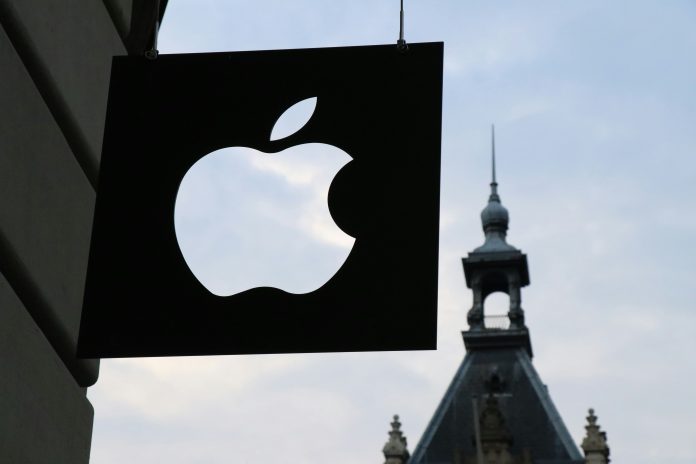
In a decisive move, the European Commission (EC) has informed Apple that its App Store rules may violate the Digital Markets Act (DMA). The EC, which began investigating Apple’s alleged non-compliance in March, accuses Apple of breaching the DMA, risking potential fines of up to 10% of the firm’s global annual revenue. The Commission’s concerns focus on Apple’s restrictive policies that prevent third-party app developers from steering consumers to alternative offers and purchasing options.
Preliminary Findings
Under the DMA, developers distributing their apps via the App Store should be able to inform customers of alternative cheaper purchasing possibilities for free and steer them to those offers. The Commission’s investigation found that Apple’s current business terms significantly limit this communication ability.
The Commission preliminarily finds that:
- Developers cannot provide pricing information within the app or promote offers available on alternative distribution channels to their customers.
- Developers are confined to using “link-outs” with numerous restrictions, hampering effective promotion and direct customer engagement.
- Apple charges developers a fee for every purchase of digital goods or services a user makes within seven days after a link-out from the app.
“Today is a very important day for the effective enforcement of the DMA: we have sent preliminary findings to Apple,” said Margrethe Vestager, Executive Vice-President in charge of competition policy. “Our preliminary position is that Apple does not fully allow steering. Steering is key to ensure that app developers are less dependent on gatekeepers’ app stores and for consumers to be aware of better offers.”
New Non-compliance Investigation
The Commission has also opened a third non-compliance investigation into Apple’s new contractual terms for third-party developers and app stores, which may violate Article 6(4) of the DMA. This scrutiny includes:
- Apple’s “Core Technology Fee” under which developers must pay a €0.50 fee per installed app.
- Complex multi-step user journey to install alternative app stores or apps on iPhones
- Eligibility requirements for offering alternative app stores or direct app distribution from the web.
These terms are being evaluated for their necessity and proportionality under the DMA.
In response, Apple stated: “All developers doing business in the EU on the App Store have the opportunity to utilise the capabilities that we have introduced, including the ability to direct app users to the web to complete purchases at a very competitive rate. As we have done routinely, we will continue to listen and engage with the European Commission.”
What Happens Next?
The Commission’s preliminary findings inform Apple of a potential DMA breach, allowing Apple to review the investigation documents and respond in writing, without affecting the investigation’s outcome. If the Commission’s preliminary views are confirmed, Apple could face significant fines and further regulatory actions. The EC will adopt a non-compliance decision within 12 months.
In case of an infringement, EC can impose fines of up to 10% of the company’s global annual turnover, which can go up to 20% in case of repeated infringements. That may not sound like much, but when you consider that Apple generates £301bn ($383bn) a year, that’s a substantial punishment.
Apple remains under intense scrutiny as it navigates these regulatory challenges. The outcome of these investigations and the company’s ability to adapt its business practices will be crucial in maintaining its market position and avoiding penalties. Its approach to compliance and negotiation with the EC will set a precedent for other tech companies facing similar pressures.
Words by Khushboo Malhotra
We’re trying to raise £200 a month to help cover our operational costs. This includes our ‘Writer of the Month’ awards, where we recognise the amazing work produced by our contributor team. If you’ve enjoyed reading our site, we’d really appreciate it if you could donate to The Indiependent. Whether you can give £1 or £10, you’d be making a huge difference to our small team.